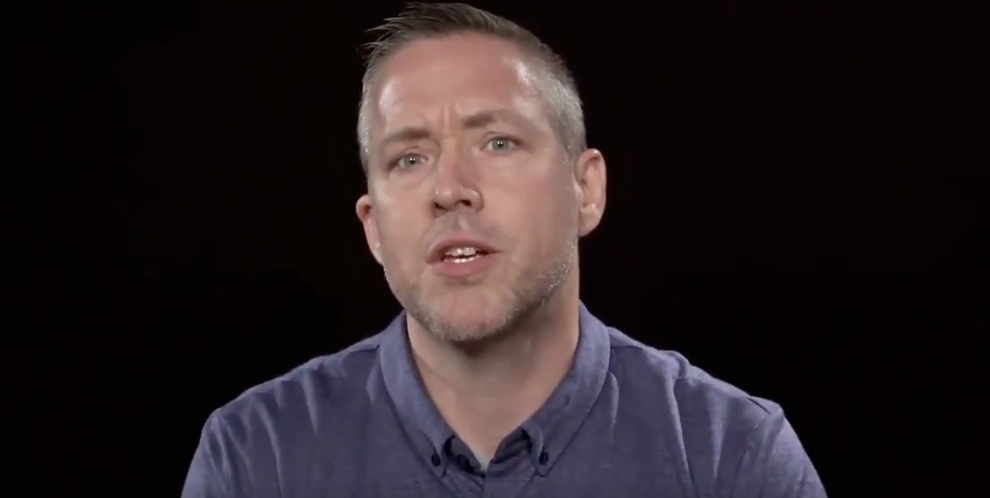
In 1993, an anthropologist named Robin Dunbar conducted a study to figure out just how many meaningful friendships one person can realistically maintain. His research put the number at 150, that became known as “Dunbar’s Number” and it’s been accepted wisdom ever since. Until now.
That’s because a new paper from a team at Stockholm University found that people are actually capable of maintaining way more than 150 friendships …if they put in the effort. It turns out, friendship is a skill, not an inherent trait. You’ve got to teach yourself how to be a good friend. It’s like working out, baking or bowling. As you get better at it, you become more and more capable of handling more and more friendships.
As Johan Lind, an author of the study and associate professor at Stockholm told the New York Times, “we can learn thousands of digits of pi, and if we engage with lots of people, then we will become better at having relationships with lots of people.” Lind and his team found no real limit to the actual number of friendships one person can have.
But their work is being criticized by at least one person — Dr. Dunbar himself. He called the new paper “bonkers” and said Lind and his team didn’t account for the practical nuances of human friendship. He says a “meaningful relationship” — a term he defines as someone you wouldn’t feel awkward about greeting at an airport lounge — has a necessary limitation, just given how much time and energy we all have. For most people, Dunbar says, the number is somewhere between 100 and 250, with 150 being the average.
Dunbar agrees that people’s number expands over time. When you’re a little kid, it’s usually pretty low. It tends to peak around your late teens and early twenties, and then settles at around 150 in your thirties and stays that way until your 60s and 70s, when it starts to decline again.
But Dunbar’s number may also not withstand the era of social media. Researchers point out that many people’s online circles go well beyond 150, and sometimes those relationships end up being meaningful even if the people involved don’t live in the same place or even, theoretically, see each other’s real face. And then there are networking sites like LinkedIn, in which distant connections sometimes become catalysts for major career opportunities or professional advancements. Aren’t those relationships meaningful, in a kind of way?
The New York Times also spoke to Louise Barrett, a psychology professor at the University of Lethbridge in Canada. She said the new research was interesting, but cautioned against trying to put math on relationships. “Human life is really complicated,” she said. Some people are naturally extroverted and thrive with lots of friends. Some people are content with just a few close relationships. You don’t need to judge yourself.
But one thing all researchers agree on: friendships are more important than society tends to think. While we tend to put great value on marriage and family, many experts say we undervalue just how important friendships are as a real building block of society. However many friendships you have, cultivating them is a key part of being a healthy adult.






















